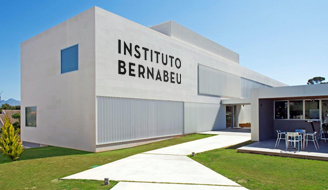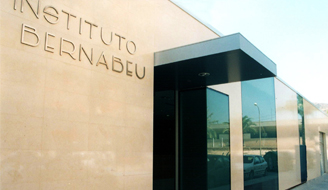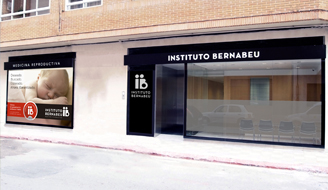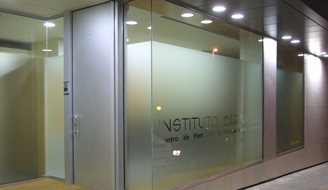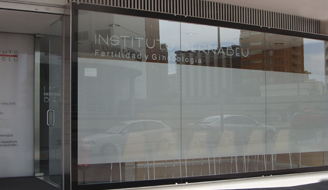Instituto Bernabeu research selected as one of the best oral presentations at the 2nd Human Genetics Interdisciplinary Congress
Research that was carried out by the Genetics Unit at Instituto Bernabeu Biotech and entitled ‘Mosaic segmental aneuploidies in trophectoderm cells do not affect pregnancy rates in cycles of in vitro fertilisation (IVF)’ has been selected as one of the best oral presentations at the 2nd Human Genetics Interdisciplinary Congress held in Madrid between 3rd and 5th April 2019.
The aim of the study led by Instituto Bernabeu molecular biologist, José Antonio Ortiz, was to evaluate if transfer of embryos with mosaic segmental aneuploidies affects the results of assisted reproduction treatment. Chromosomal abnormalities (aneuploidies) are common in IVF embryos analysed using CCS chromosome screening (PGT-A).
The results suggest that segmental mosaicism is more common in embryos from women who are under 35 years of age. Instituto Bernabeu’s research data shows that the pregnancy rate when embryos with segmental mosaicism are transferred is higher than comprehensive chromosome mosaicism and also similar to that of chromosomally normal, euploidy embryos.

